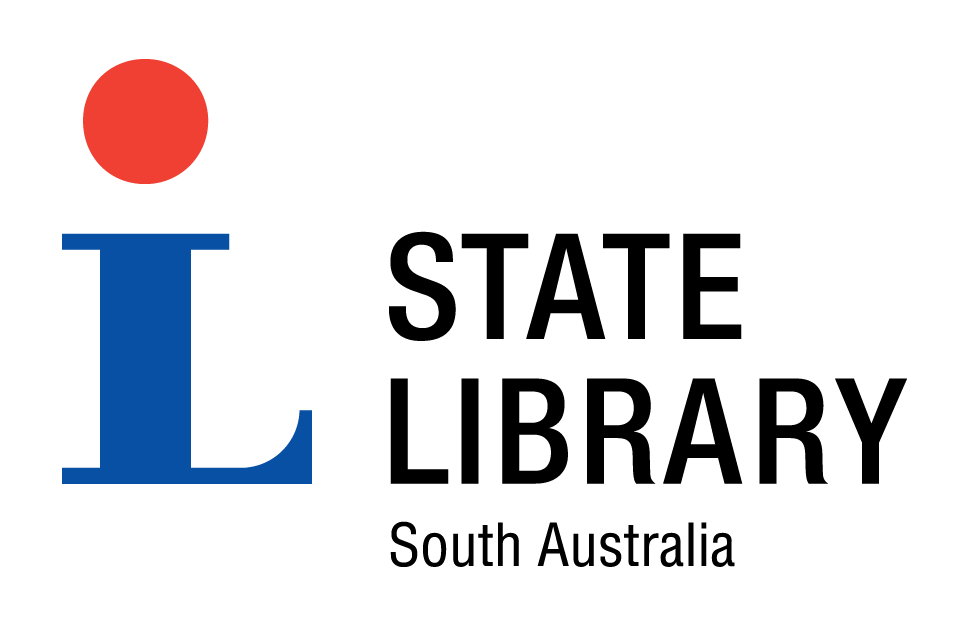
Florey, Howard 1898-1968

|
| View catalogue details |
Born: 24 September 1898 [Adelaide, South Australia]
Died: 21 February 1968 [Oxford, England]
Scientist, Educator, Nobel Prize winner
After graduating from the University of Adelaide in 1921 with a Bachelor of Medicine and Bachelor of Surgery (MB BS), Florey was awarded a Rhodes Scholarship. At Oxford University Florey gained Bachelor of Science and Masters degrees (1924). He then studied for his PhD at Cambridge which was conferred in 1927. During this time, Florey also visited the United States with a Rockefeller Travelling Fellowship. He lectured in pathology at Cambridge until 1931 when he was appointed to the chair of pathology at the University of Sheffield at Leeds. Florey returned to Oxford in 1935 taking up the position of Professor of pathology; a position he held until 1962.
Systematic study of the antibacterial properties of penicillin began when Ernst Chain, a chemist working on antibacterial agents at Oxford in 1938, discovered one of Alexander Fleming's reports about penicillin. Fleming had discovered a substance that inhibited the growth of the bacteria staphylococci in 1928. He named it 'penicillin' after the mould Penicillium notatum. Fleming experimented a little with his new discovery, but found it unstable and could not purify it. Chain and Florey decided they should investigate the uses of penicillin further. Florey, Chain and their Oxford team successfully demonstrated the medicinal value of penicillin first in animals and then in human studies. By this time, the Second World War had broken out and the team was also keen to develop methods to mass-produce penicillin. In 1943, Florey went to North Africa to begin trials of penicillin on wounded Allied soldiers. By the end of the war, penicillin was being mass-produced in the United States and was used regularly to treat war wounds, saving many lives. Fleming, Florey and Chain were awarded the 1945 Nobel Prize for physiology or medicine for their work with penicillin.
A suburb in Canberra is named after Florey, there is a commemorative stone in his honour at Westminster Abbey and a bronze bust by John Dowie is on North Terrace, Adelaide.
Key achievements
1921: Awarded a Rhodes Scholarship
1941: Elected fellow of the Royal Society, London
1944: Made Knight Bachelor
1944: Visited Australia and prepared a paper about the future of medical research in Australia, contributing to the push to establish the Australian National University
1945: Awarded Nobel Prize for physiology or medicine 'for the discovery of penicillin and its curative effect in various infectious diseases'; prize was shared with Alexander Fleming and Ernst Chain
1946: Appointed to the French Légion d'honneur
1948-55: Advisor to the John Curtin School of Medical Research at the Australian National University
1951: Granted Royal Medal by the Royal Society
1957: Awarded the Copley Medal of the Royal Society
1960-65: President of the Royal Society
1965-68: Chancellor of the Australian National University
1965: Created Baron Florey of Adelaide and Marston
1965: Appointed to the Order of Merit
See also:
Further reading
Bickel, Lennard. Florey : the man who made penicillin, Carlton, Vic. : Melbourne University Press, 1995
Lax, Eric. The mould in Dr Florey's coat : the remarkable true story of the penicillin miracle, London., [England] : Little, Brown, 2004
Williams, Trevor I. Howard Florey, penicillin and after, Oxford [Oxfordshire] ; New York : Oxford University Press, 1984
Links
Australian Dictionary of Biography Online: Search for Howard Florey
Bright Sparcs [Australian Science and Technology Heritage Centre]: Search for Howard Florey
Bright Sparcs [Australian Science and Technology Heritage Centre]: See Exhibitions: Australian Nobel Laureates: Florey
Nobel e-museum: Medicine 1945: See Sir Howard Florey Biography


